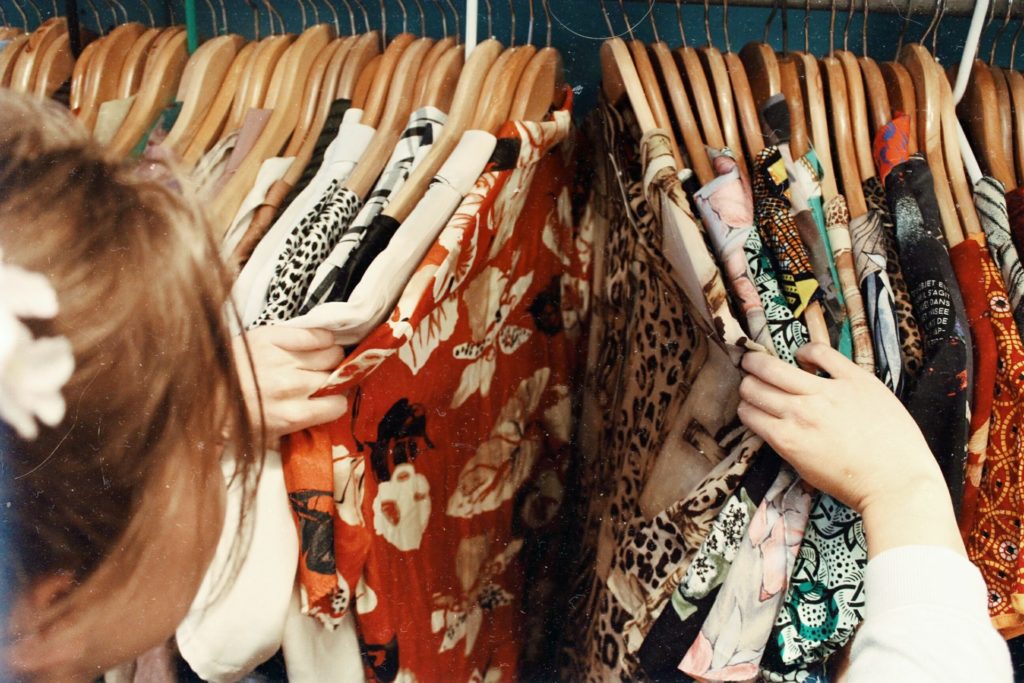Just weeks from the end of the transition period, and the effects of Brexit continue to make themselves felt, this time in the business of second-hand clothing.
One of the biggest textile recycling companies in Britain, ECS Textiles in North Shields in North-East England, has found its shipments of second-hand clothes, toys furniture and other goods blocked by the need to pay customs duties.
According to the Guardian, ECS should be sending five 2o-tonne containers a week by sea to Latvia, from where the goods are distributed throughout Eastern Europe.
On its website, ECS describes its business as “to raise vital funds to charitable projects through various clothing collection schemes”.
The company operates a number of schemes in the UK, including House to House, Clothing Bank, Funds For Schools and Cash For Clothes, by which, he company says, “we encourage residents to recycle unwanted clothing, shoes, handbags, etc. and help raise funds for charitable purpose whilst diverting waste from landfills”.
But now, the supply pipeline to Europe is blocked because the UK no longer has the open and unfettered access to the EU it once did. And the problem is being felt on the supply side, in ECS’ warehouses.
“We’re at capacity,” sales manager James Officer told the Guardian. “It could essentially close the business because we have no more physical room and it’s a really big worry. We’ve got containers sat in port, we’re paying standing charges, our customers can’t have their goods, and we’re not being paid. The business has ground to a halt.”
And the company’s problems are trickling down to its beneficiaries.
ECS collects its second-hand materials from public donors and sells them to distributors in Europe, with some of the profits going to charities in the UK. But those charities are going short because of the red tape. According to Officer, one animal charity that normally received £5,000 a week has only received £1,000 because of the Brexit delays.
The problem is EU rules of origin: goods produced in the UK are, under the post-Brexit trade agreement, able to enter the European market free of duty. But most of the goods exported by ECS were originally produced in China and other low-wage countries, and do not qualify as British. That means a 5.3% tariff is applicable.
“That 5.3% on every container will dramatically reduce the amount we can donate to charities that we’ve collected on behalf of, and that’s a real worry,” Officer said.
Alan Hope
The Brussels Times

